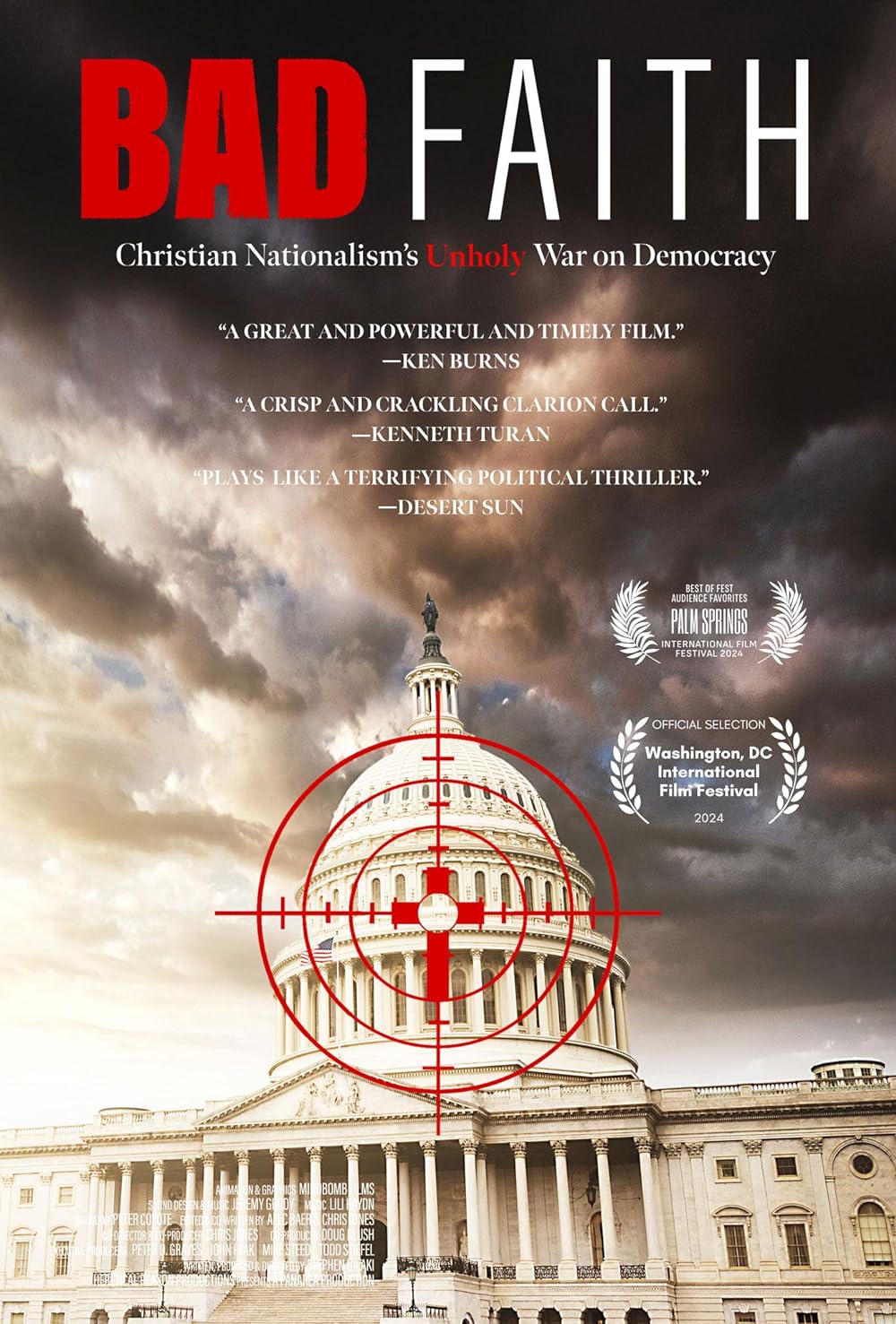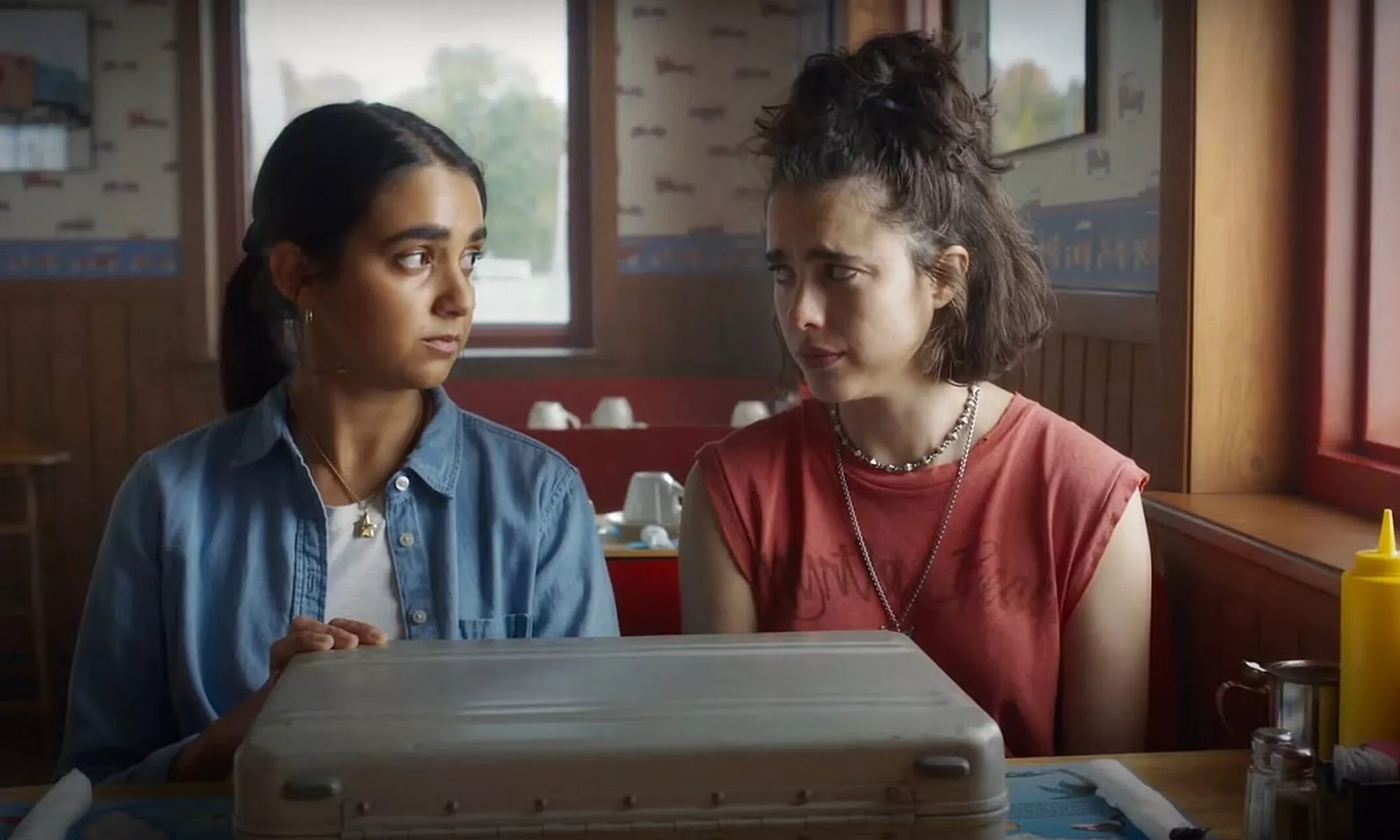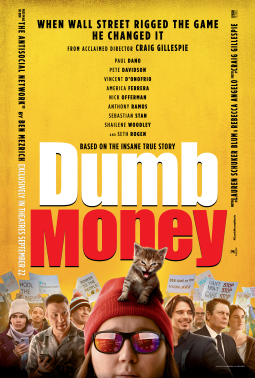A Dirty Shame
Posted on September 5, 2004 at 4:57 pm
B| Lowest Recommended Age: | Mature High Schooler |
| Profanity: | Extremely strong and graphic language |
| Nudity/ Sex: | Extremely explicit sexual references and situations including variations and fetishes, nudity |
| Alcohol/ Drugs: | Drinking, drug use |
| Violence/ Scariness: | Comic peril and violence |
| Diversity Issues: | A theme of the movie |
| Date Released to Theaters: | 2004 |
Somehow I don’t see this movie following Hairspray to become a Tony-award-winning Broadway musical for the whole family. Too bad, because those would be some musical numbers.
Once again, John Waters has made a Baltimore-based movie about people outside of conventional society who are far happier and more loving than the people who like to think of themselves as exemplary and public-minded. But this time his outsiders are all people whose head injuries have caused them to become sex maniacs.
Tracy Ullman plays Sylvia Stickles, a grumpy and dowdy housewife who works the cash register at the local convenience store owned by her mother, Big Ethel. When we first see her, she is turning down sex with her husband (Chris Isaak) and she is embarrassed by her daughter Caprice (Selma Blair), who has been sentenced to home arrest with an electronic ankle bracelet for nude drunken driving. Her stage name, Ursula Udders, is a tribute to her most obvious attribute: her surgically-enlarged gigantic breasts, which are bigger than her head.
On the way to work, Sylvia accidentally gets clonked and immediately becomes a voracious sexual enthusiast. Ray-Ray Perkins (Johnny Knoxville) provides her with some gratification and explains that she completes his inner circle of people who have become hyper-sexual following concussions.
Each of the others, like her, was hit on the head, and each represents a different category of sexual inclination and satisfaction. The list of fetishes and proclivities with extremely imaginative terminology is, depending on your own inclinations, either one of the funniest parts of the movie or the grossest thing you’ve ever heard. Or both. Sylvia is number twelve, and it will be her task to discover a new sex act.
She is delighted by this, even overjoyed. She feels liberated and emotionally connected. It turns out that Caprice and her boyfriend, Fat F*** Freddie are also members of Ray-Ray’s group, as are some of Sylvia’s neighbors. But Sylvia’s transformation is a shock to her husband and Big Ethel, especially since Big Ethel is leading a community group to promote “decency,” which essentially means no sex or references to sex anywhere. They proudly call themselved “neuters.”
Sylvia and Caprice reach a new understanding, and with the battle cry, “Let’s go sexin’!” they are off to have a lot of sex and encourage others to do the same. The new sexual converts are cheerfully evangelical, missionaries for a world of sexual connection and benign tolerance. That the topic is sexuality is just incidental. They could be converts to a new and liberating religious faith or even more enthusiastic — audience members in a late-night infomercial for some life-changing new product.
Waters, as always makes his outsiders the heroes, making the wildest of sexual variations unthreatening that they are practically wholesome. The reconciliation scene between Sylvia and Caprice/Ursula is funny but also quite tender and touching. Syliva’s innocent and unashamed pleasure in her new life is comic in contrast to the explicit raunchiness of the subject matter. But it is also genuinely sweet.
This movie is only for those who are comfortable with the most provocative material. But Waters is not making a “dirty” movie and the context of the material is presented is comic, often satiric, sometimes confrontational, but not especially erotic. Ullman is winning in her joyous embrace of her new life and Knoxville shows real screen presence as Ray-Ray. If they manage to make the whole concept more silly than shocking, that is probably exactly what Waters intended.
Parents should know that John Waters is always cheerfully outrageous and many people will find this movie offensive for any number of reasons. The movie has extremely mature material and gets a well-deserved NC-17 rating for extremely strong language and extremely explicit sexual references and situations, including nudity, sex with many partners, oral sex, masturbation, adultery, exhibitionism, straight and gay sex, and many variations and fetishes. Characters drink and use drugs. There is some comic violence. Furthermore, some audience members may be offended by the movie’s parallels between the sex addicts and the disciples of the New Testament.
Families who see this movie should talk about why the “neuters” were so threatened by the hyper-sexuality around them. What was the best way for them to respond?
Families who enjoy this movie will enjoy Waters’ other movies, including Hairspray and Cry-Baby. They may also enjoy American Pie and its sequels, which have the same combination of raunchy humor and genuine sweetness.






